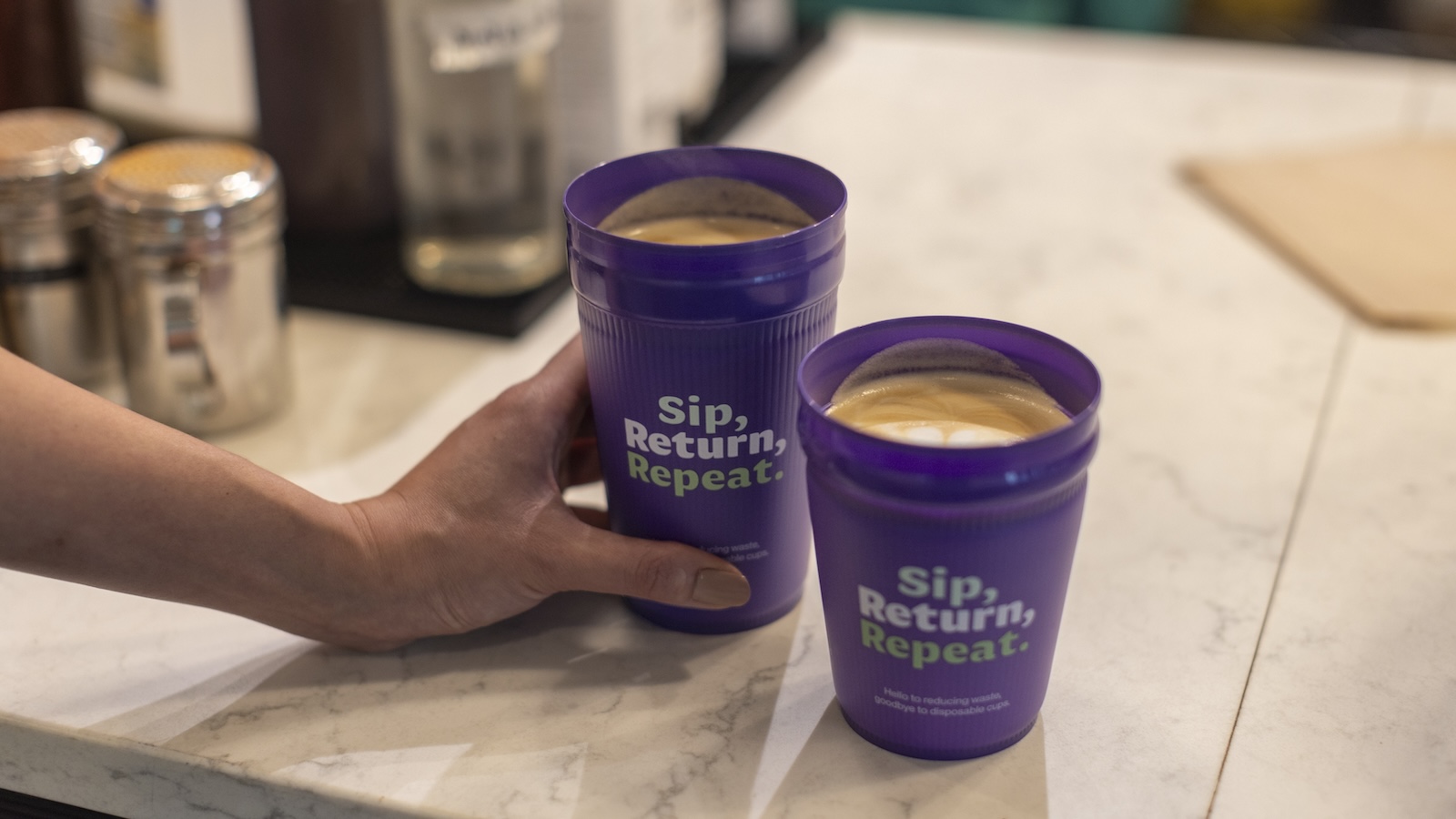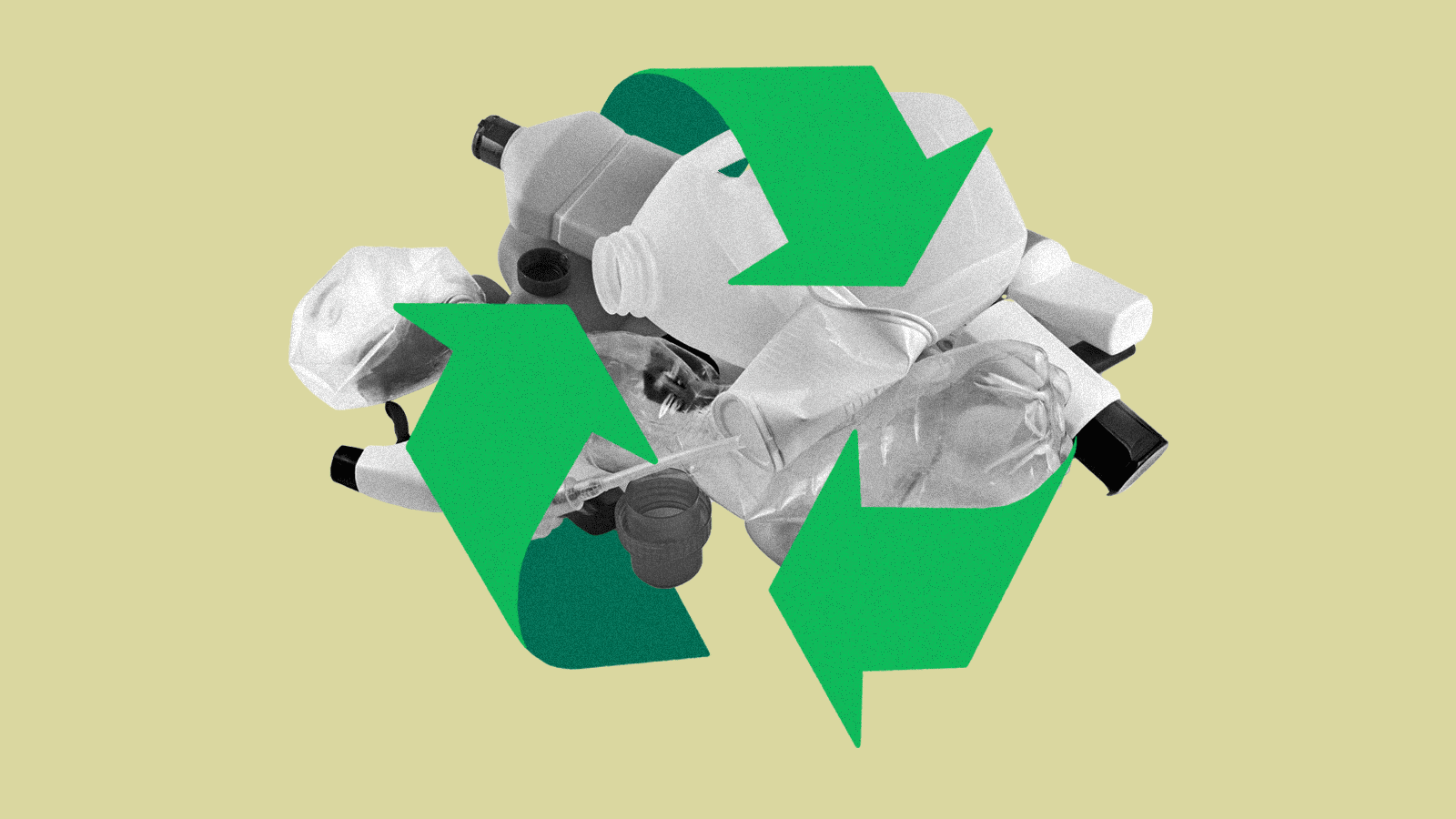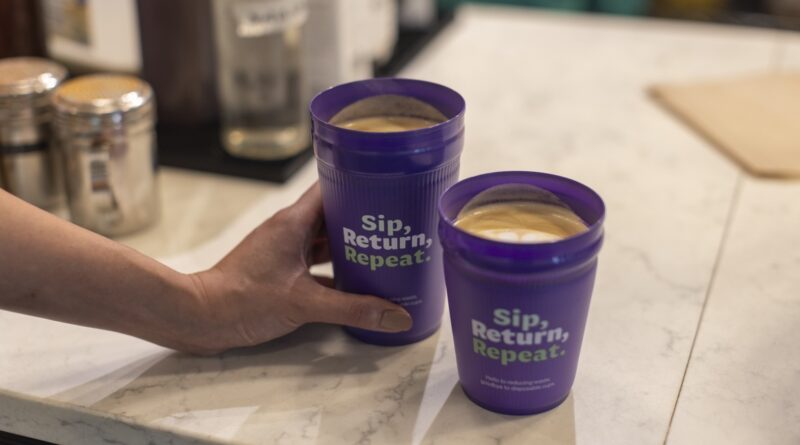Minnesota settles ‘deceptive environmental advertising’ lawsuit over “recyclable” plastic bags.
Walmart and Reynolds Consumer Products have agreed to stop selling certain plastic bags in Minnesota for two and a half years, after state attorney general Keith Ellison argued in court that the companies falsely sold them for recycling.
Reynolds makes the blue or clear Hefty-brand 13- and 30-liter bags that Ellison targeted in the lawsuit, filed in June 2023 in Ramsey County District Court. The lawsuit also makes similar allegations against the 13-, 30- and 33-gallon bags sold under Walmart’s Great Value brand.
If Walmart or Reynolds start selling the bags after the suspension, they must be labeled as non-recyclable, according to settlement agreements with Walmart and Reynolds reached on August 1.
The two companies agreed to pay a total of $216,670, which includes 100 percent of the profits they made from selling the bags, attorney fees, and other financial relief, according to the release. press release from Ellison’s office.
“Defendants will establish and implement legal review processes for marketing applications and provide anti-green training to their marketing teams for at least one year,” according to the settlement document.

‘Sip, return, repeat’: How a California city is trying to make reusable cups
In a written statement, Reynolds said: “We believe these allegations are without merit, but we are happy to put this matter behind us. We remain committed to our mission of developing products and solutions that make everyday life easier and protect the environment.”
A Walmart spokeswoman declined to comment on the settlement.
“Minnesotans have one of the highest recycling rates in America because we love our clean land, air and water,” Ellison said in a news release.
“I am pleased that Reynolds and Walmart, who have profited from the good intentions of Minnesotans, have agreed to stop supplying us with so-called ‘recycling’ bags and will forfeit their profits. in those bags,” he said. “Any other companies that are thinking about laundering their products to sell them fraudulently to Minnesotans should know by now that I will not hesitate to hold them accountable under the law.”
The Minnesota case is among about 40 filed since 2015, mostly by citizens or environmental groups, targeting the plastics industry, according to a plastic litigation expert at The New York University School of Law. .

How to create a ‘zero waste world’? Here are some thoughts on the plastic industry.
But recently, the attorneys general of Connecticut, Minnesota, and New York have stepped up their plastic prosecutions, bringing more legislative power.
The case comes amid a rapidly growing body of scientific knowledge explaining how increasing plastic production and plastic waste are damaging the planet and threatening public health.
Plastics are made of thousands of chemicals and are never designed to be recycled. Recovery rates in the United States are thought to be less than 10 percent. Bags are one of the hardest things to recycle, and their film-like texture and fragility can block recycling facilities.
Ellison had argued that Walmart’s ad with Reynolds violated state laws prohibiting false advertising claims, deceptive environmental marketing, and consumer fraud. The settlement agreement included a provision that it should not be considered an admission of guilt or wrongdoing by the defendants.
The lawsuit featured promotional photos that Ellison said were designed to falsely mislead Minnesotans that the bags were intended to be used during recycling, and could be reused. Some of them were colored blue related to other rehabilitation programs and included a declaration that they were “intended to be used in municipal rehabilitation programs where necessary,” according to the lawsuit.
Some clear bags, the indictment said, were designated as “squeezes for quick sorting and separate identification.” Reynolds also prominently placed the word “RECYCLING” on the front packaging of Hefty’s “Recycling” trash bags, with the packaging showing an image of a clear bag filled with plastic and the words, the lawsuit said. says: “HEFTY RECYCLING BAGS ARE FULFILLED FOR ALL YOUR RECYCLING NEEDS.”
#Minnesota #settles #deceptive #environmental #advertising #lawsuit #recyclable #plastic #bags
